One consistent aspect of the pest management events held this autumn is that pest professionals always seen keen to hear of new developments and brush up on their technical knowledge. Parasitec was no exception, with every one of the technical seminars being well attended. We didnt get to them all but heres our round-up of the ones we did attend.
This year the sessions followed the format we first saw at PestEx 2015 – namely silent seminars. Briefly, to get round the problem of background noise from the exhibition interfering with the seminars and vice versa, everyone in the seminar is given a headset. The speakers are ‘miked up’ and the audience can hear what they have to say via their headset. At Parasitec you could choose your language – French or English as all the sessions, whilst given in French, were simultaneously translated.
| Among the sessions we attended on bed bugs, bird management, digital marketing, reclassification of rodenticides and rodent behaviour, there wasn’t much new ground covered. However, perhaps our verdict of ‘not much new’ is a little harsh, as we have benefitted from attending the full gambit of events this autumn.
Rodenticide reclassification Digital marketing
Pest controller Denis Levoyer and the lemon that contained his “10 note Rodent behaviour Pierre Falgayrac has written two books, Le Grand Guide de lutte raisonná©e contre les nuisibles ou bioagresseurs urbainsa and, the most recent, Des rats et des hommes. He also recommended Penser comme un rat by Vinciane Despret. If your French is up to it they will probably be good reads! Volatiles and nidification Again this was a useful refresher on pigeon behaviour with the emphasis very much on a structured strategy to be in place if any success is to be achieved. When talking about birds’ nests (nid in French) one had to smile at the Franglais word of ‘nidification’. Regarding parakeets, Dr Michaux detailed the increasing population numbers of this invasive species, quoting a population of 80,000 in London. Really? |
|
|
| Whirlwind bed bug tour There was also a whirlwind tour of bed bug biology and behaviour from Dr Arezki Izri, head of the parasitology section at Avicenne hospital. He gave some very useful information on the better known medical problems caused by bed bugs – bites, allergies, rashes, skin lesions etc but also mentioned the all too often psychological effects of an infestation. He gave another whirlwind tour of the control options, most of which he was somewhat dismissive about, leading one to wonder how on earth those pest controllers in the audience were ever to manage to eliminate a problem. Maybe it was for this reason, that after the talk he was surrounded by delegates asking questions. |
||


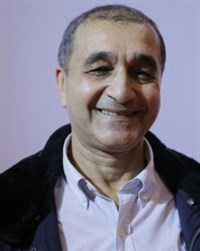
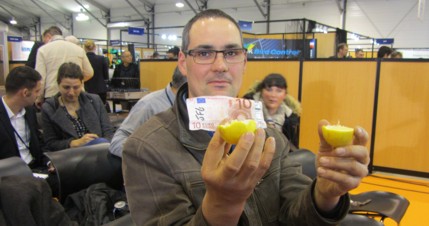
 Bertrand Montmoreau
Bertrand Montmoreau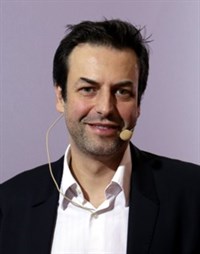 Arnaud Debaisieux
Arnaud Debaisieux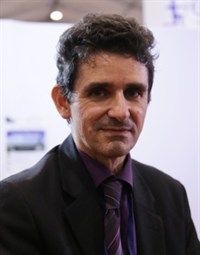 Pierre Falgayrac
Pierre Falgayrac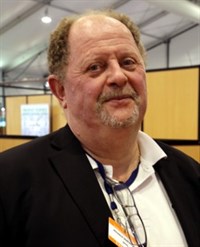 Dr Jean-Michael Michaux
Dr Jean-Michael Michaux